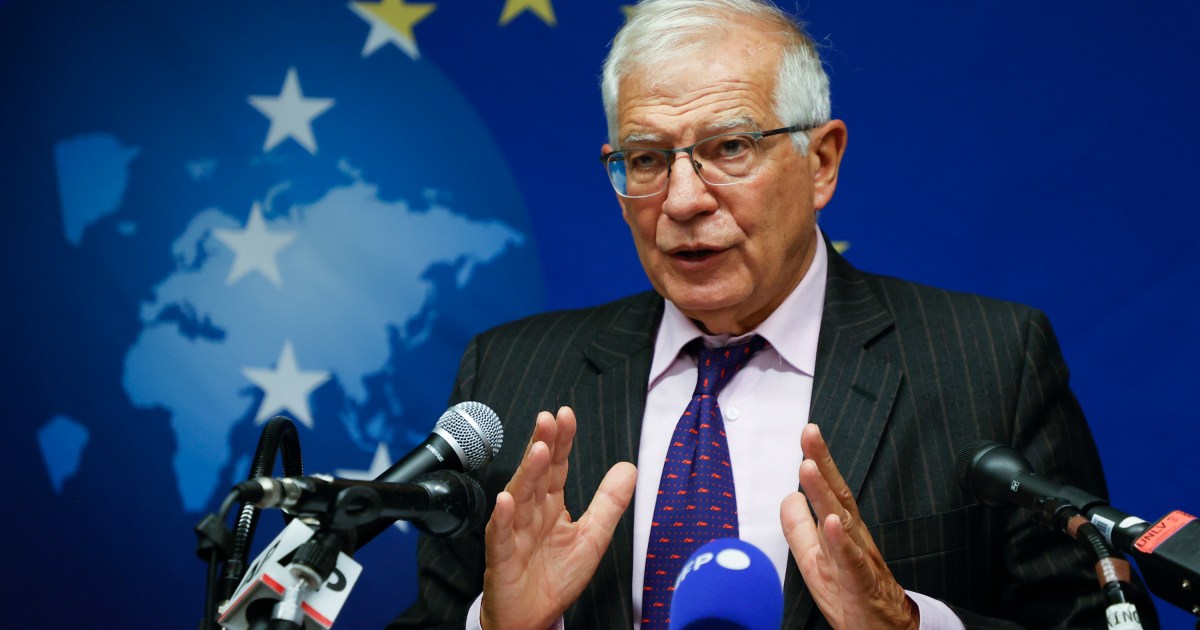Today, Tuesday, German Minister of State for Foreign Affairs Nils Annen began a visit to Tunisia as part of a tour of the region, while the European Union's High Representative for Foreign Affairs and Security Policy Josep Borrell revealed that he had asked President Kais Saied to return to the constitutional system in the country.
The German Minister of State for Foreign Affairs, Nils Annen, arrived today, Tuesday, on a visit to Tunisia, as part of a tour in the region that will later include Algeria and Libya.
It is expected that the German minister will discuss the developments of the political situation in Tunisia, and the thorny economic situation as well.
Indeed, the German minister began his scheduled meetings with a number of officials in the Tunisian government, including Foreign Minister Othman Al-Jarandi, as well as representatives of parties and civil society.
Germany is one of Tunisia's main partners who called for an acceleration of the return to the constitutional system and parliamentary democracy, following the decisions related to the exceptional measures announced by President Kais Saied last July, including his suspension of the constitution, the suspension of parliament and the dismissal of the elected government.
For his part, European Union External Relations Officer Josep Borrell said that he spoke with Tunisian President Kais Saied about the importance of the separation of powers.
Borrell made it clear that the appointment of a female prime minister does not mean ignoring the need to return to the established constitutional powers.
He pointed out that there is currently a female prime minister in Tunisia without the powers stipulated in the constitution, and stressed the need for a clear road map to return to the separation of powers.
"On Friday, I spoke again with President Kais Saied, from Washington, from the United States, before returning to Europe, to pass on a clear message about the importance of preserving democratic gains, respecting the separation of powers and resuming the normal institutional setting.
external pressures
"We need a clear agenda, in order to return to normal constitutional provisions, and we will closely follow the impact of decisions, based on concrete facts," Borrell stressed in his testimony.
Tunisia is facing pressure from its partners abroad, including the European Union and the United States, in order to restore constitutional order, develop a road map for political reforms, and launch a dialogue with political partners and civil society in this regard.
Earlier, the US Congress allocated a session to discuss the situation in Tunisia, and the European Parliament took the same step.
In his speeches, President Said says that the opposition is carrying out deliberate misleading and distortion campaigns abroad about the process of correcting the course of the revolution in Tunisia, adding that he made his decisions based on the constitution in order to combat corruption and chaos and meet the will of the people.

